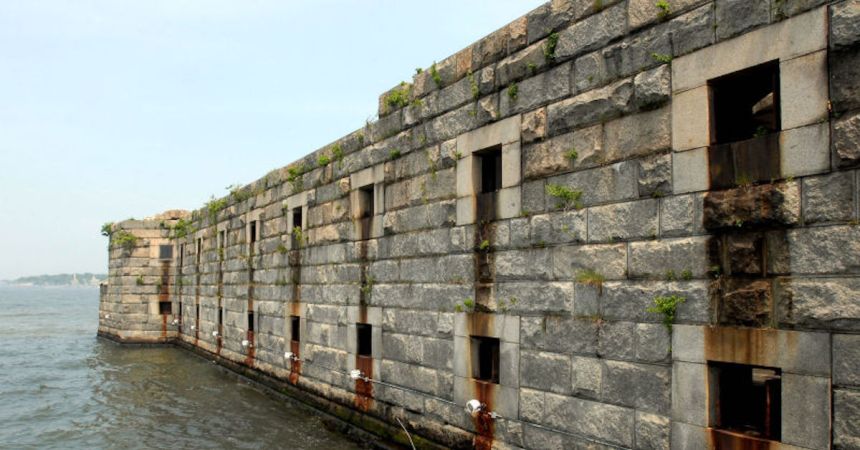In the early years of the U.S. Military Academy’s history, the “Father of West Point,” Col. Sylvanus Thayer, was trying to whip the future officers of the U.S. military into shape. He began by outlawing alcohol on the academy grounds. The cadets were also not permitted to leave the academy.
His fundamental changes were having the desired effect — until Christmas 1826, that is. That’s when the plebes got into an egg nog-fueled riot.
Egg nog was pretty different back in 1826. Today, it’s more of a sweet, dessert drink and the addition of rum or brandy isn’t as popular as it once was. Back then, nog — like life — was a lot more intense.
George Washington’s personal recipe called for rum, sherry, brandy, and whiskey.

Before the alcohol ban, an egg nog night was part of West Point’s Christmas tradition, and the cadets weren’t about to let the tradition die because of one guy’s teetotaling. So, a young cadet named Jefferson Davis and a group of others decided to sneak some booze into the eggnog party.

They snuck in a few gallons of whiskey under Thayer’s nose (with the help, of course, an enlisted man). On Christmas Day, officers of the day Capt. Ethan Allen Hitchcock and Lt. William A. Thorton tried to monitor the cadets, but they could only do so much. They were woken in the middle of the night by a drunken party in the barracks. They dispersed it, but the revelers sought revenge.
Partying cadets raged on a different floor and the officers moved to break that one up. Thorton was knocked to the floor with a piece of wood while another took a shot at Hitchcock with a pistol. He called a runner to get the Commandant, but that request was misinterpreted as a summons for artillery troops stationed on the grounds.
The cadets reinforced the windows and entrances to the barracks to prevent the artillerymen from gaining entry. The interiors and windows of the building were smashed and damaged. They literally drummed up the cadets from their beds to prepare for bombardment.

Artillery never came, but William Worth, the Commandant of Cadets, did. He was able to quell the 260-strong uprising before it escalated further. Hitchcock and Thorton suffered only minor bruising, despite the drunken cadets’ calls for their heads.
Of the 260 drunken cadets, 19 were expelled. When they built new barracks on the West Point grounds, they were designed so that cadets would have to leave the building to access other floors.


























